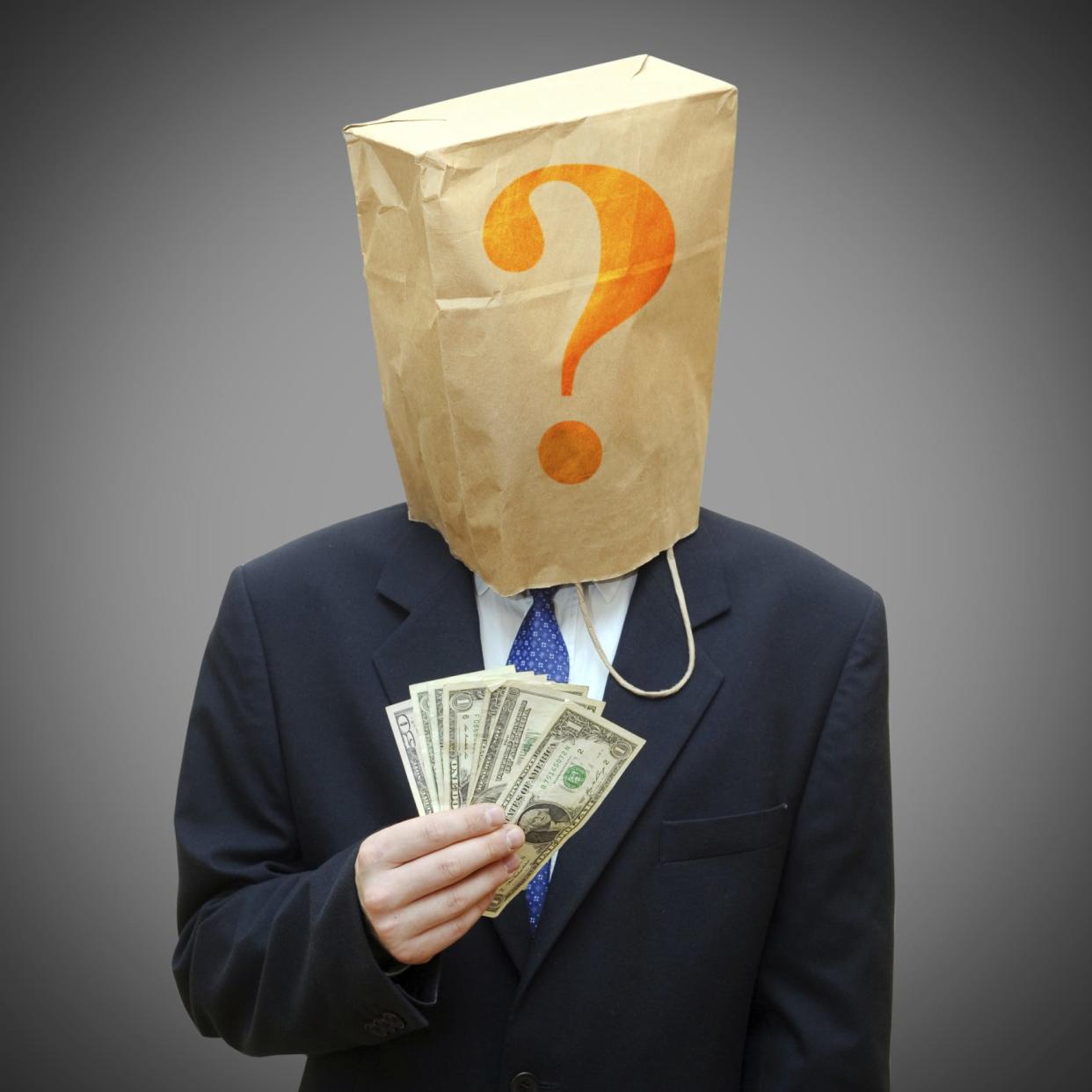What is dark money? How was it used in the House Bill 6 scandal?: Ohio Politics Explained

- Oops!Something went wrong.Please try again later.
This story is part of a series advancing the upcoming trial of former Ohio House Speaker Larry Householder and former Ohio Republican Party Chairman Matt Borges set to start Jan. 20 in Cincinnati.
If the House Bill 6 scandal is an elaborate version of a politician accepting money in a paper bag, then dark money is that paper bag.
Previous stories in this series: Winks, nods, texts and more can prove bribery
Former Ohio House Speaker Larry Householder and four others were arrested in connection with a nearly $61 million bribery scheme to help Householder win control of the Ohio House, pass a $1 billion customer-funded nuclear bailout and defend that bailout against a ballot effort to block it.
Those bribes were funneled through a series of nonprofit and for-profit organizations that did not need to disclose their donors. These organizations are often called "dark money" groups.

Catherine Turcer, executive director of Common Cause Ohio, has spent decades following the money in politics. Common Cause has a 501(c)(4) nonprofit, or dark money group, but will voluntarily disclose most of its donors upon request, according to its transparency policy.
Turcer joined USA TODAY Network Ohio Bureau reporters on the Ohio Politics Explained to talk about dark money, how it influences Ohio politics and why it's at the heart of the House Bill 6 scandal. Answers have been edited for space but you can listen to the full interview on the podcast.
Q: What is dark money?
A: "If you really didn't want people to know you were making a contribution, and you wanted to give unlimited amounts, let's say you had millions of dollars and you really, really, really liked somebody − or you really hated their opponent, which is the other thing − you can give to nonprofits."
"We're talking about what are called 501(c)(4)s. It's a tax code. These are nonprofits that are intended to work in the public good, put because of a series of (U.S.) Supreme Court decisions and shall we say shenanigans, they are used in a really inappropriate way."
"Dark money is secret money," she said. "It's very difficult to figure out who's actually funding political advertisements."
Q: When did dark money start flowing in Ohio and across the nation?
A: "In 2010, the U.S. Supreme Court decided that, in fact, corporations have First Amendment Rights. This is a little complicated because this doesn't mean that corporations can give directly to candidates. The decision was about political advertisements.
Essentially what happened is that the Court determined that because political ads are not coordinated with candidates then there's no reason to stop corporations from making contributions to doing political advertisements.
It violates the most common sense. Really? Do we really think that if, in fact, corporations can give large dollars to pay for political advertisements that somehow there's no information connecting the candidates or the candidates aren't coordinating?"
Q: What concerns did you have watching House Bill 6 work its way through the Legislature and the nasty ballot fight that followed?
"FirstEnergy is a company that has worked very hard to get regulatory policy that they like," Turcer said. "This is not the first bailout. I kind of joke 'Whatever Lola wants, Lola gets.'"
"FirstEnergy had run into some obstacles getting the state Legislature to actually bail out those two nuclear plants ... it became clear that the characters that were at the Statehouse needed to change. Dark money was spent to actually get folks elected so that they could then vote for House Bill 6."
Q: Dark money groups are legal. So, what crossed the line in the House Bill 6 case?
A: "What makes this so aggravating is that nonprofits are given that [501(c)(4)] status by the IRS because there's an understanding they will provide some benefit to society. And there are rules for their activity related to politics.
When things start to get iffy has to do with nonprofits that are basically established to avoid the public understanding and to avoid public pressure coming down on corporations or individuals."
Q: What changes would shine a light on dark money?
A: "Disclosure is a really common-sense reform. If you shine a light on dark money, then we're able to understand who is funding (these groups and) we're able to follow the money."
"If you don't have good disclosure and you can't easily look up who's funding these ads, one, the ads can be incredibly terrible and scary and xenophobic and all sorts of things that are just not truthful. But also if we don't know who pays for them, we don't know if they are a foreign entity."
USA TODAY Network Ohio bureau reporters Jessie Balmert and Laura Bischoff have been following the House Bill 6 scandal since the story broke. They will continue to follow developments and the trial. Follow them on Twitter at @lbischoff and @jbalmert for updates.
Please support quality local journalism with a subscription to one of our publications
This article originally appeared on The Columbus Dispatch: What is dark money? How was it used in House Bill 6 scandal

